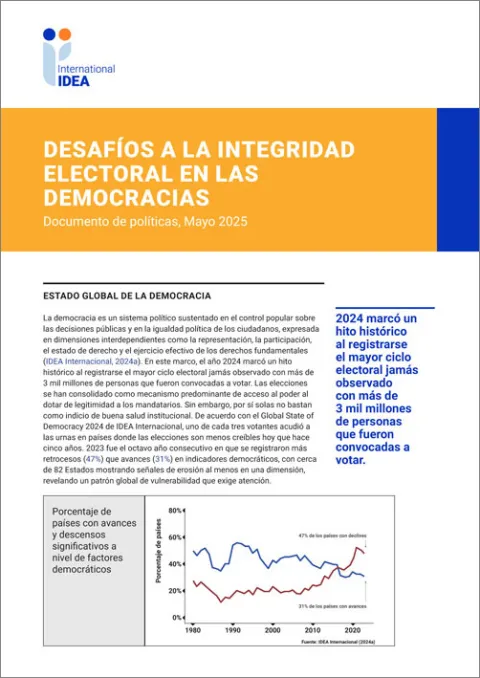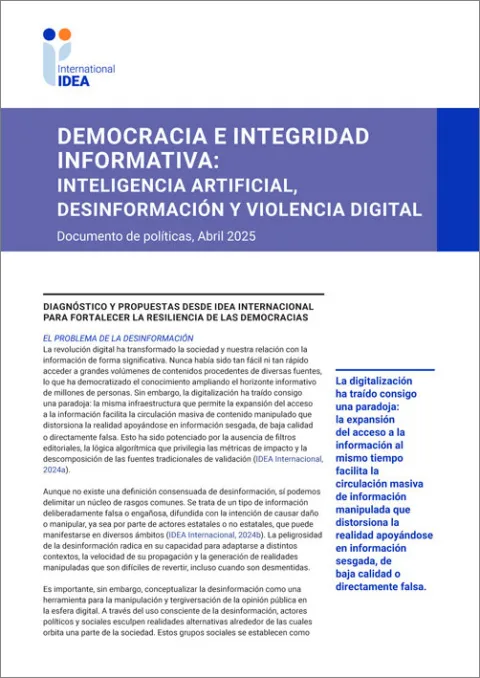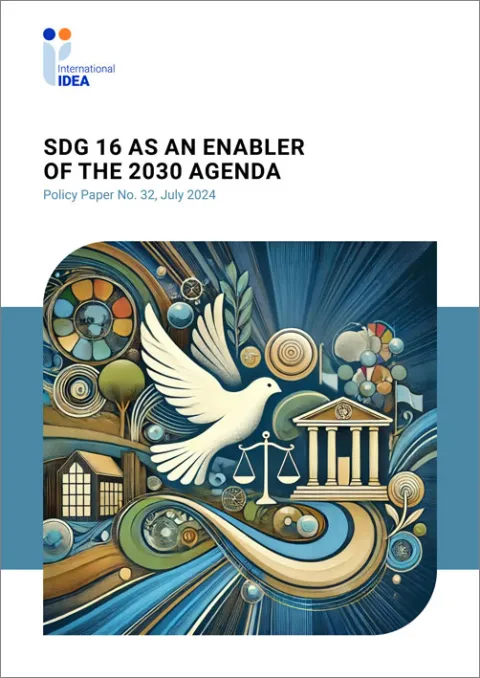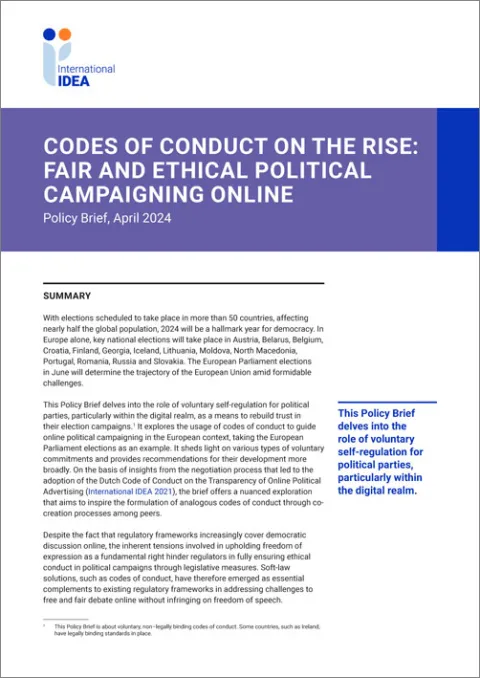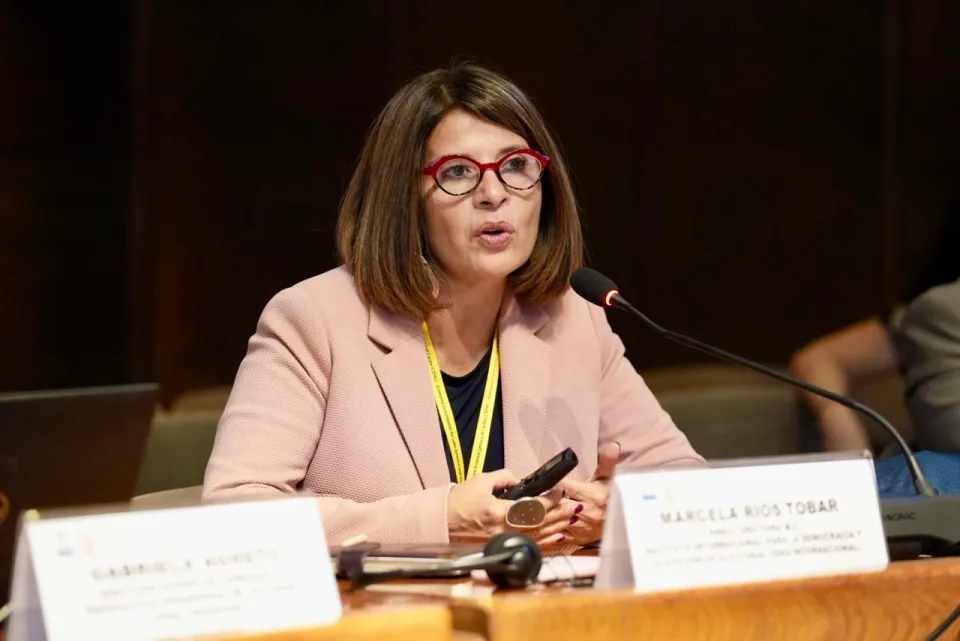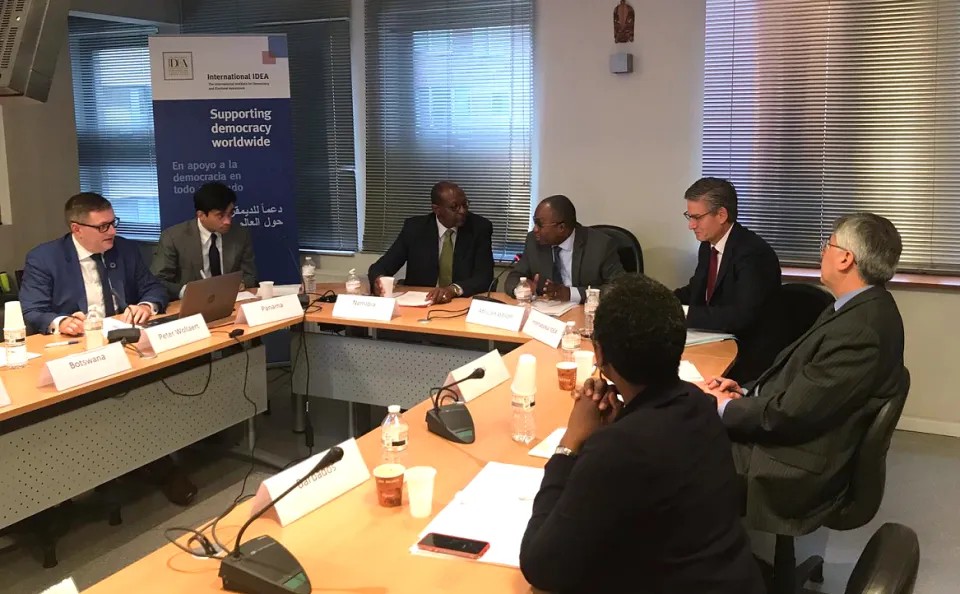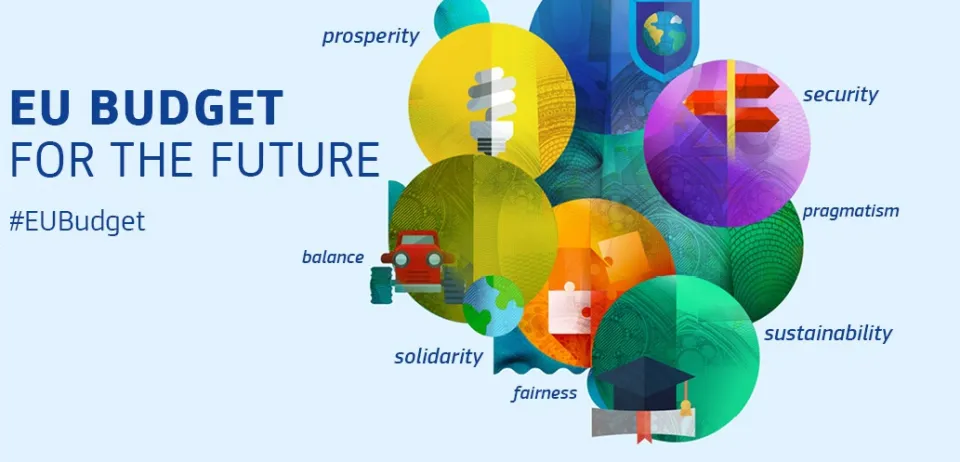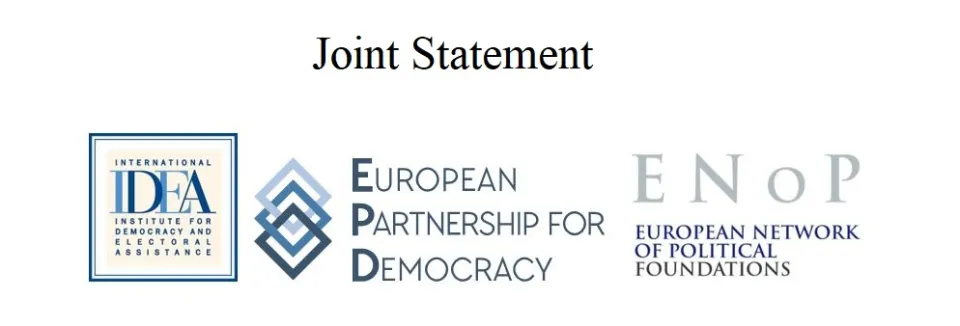Democratic accountability in service delivery: lessons from the OECD
On 25 September 2015 the United Nations General Assembly adopted ‘Transforming our world: the 2030 Agenda for Sustainable Development’ (the 2030 Agenda) as an outcome of the UN Sustainable Development Summit. Since the adoption of the 2030 Agenda, development experts, statisticians and organizations have discussed the follow-up and review mechanisms for monitoring implementation of the Sustainable Development Goals (SDGs).
In MY World, a UN survey conducted prior to the adoption of the 2030 Agenda, people voted for ‘an honest and responsive government’ as the fourth most important priority after education, health care and employment. These results reflect people’s aspirational expectations for the world they want through the SDGs.
This Policy Brief focuses on the Organisation for Economic Co-operation and Development (OECD) and argues that accountability to citizens, in particular through democratic political processes, is a crucial enabler of the SDGs. In order for the SDG monitoring process to be accountable, it is essential that the SDG indicators include peoples’ own assessments of the availability, accessibility and quality of services.
Details
Give us feedback
Do you have a question or feedback about this publication? Leave us your feedback, and we’ll get back to you
Send feedbackDemocratic accountability in service delivery: lessons from the OECD
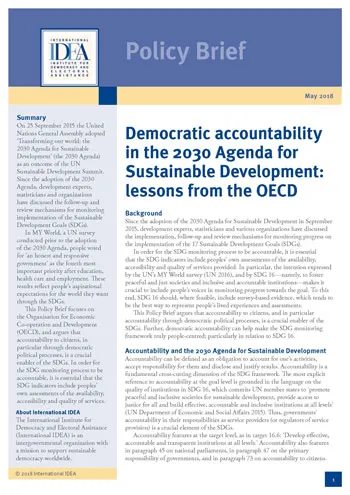
| Total views | 7177 |
|---|---|
| Downloads | 25 |
| Rating |
Give us feedback
Do you have a question or feedback about this publication? Leave us your feedback, and we’ll get back to you
Send feedback